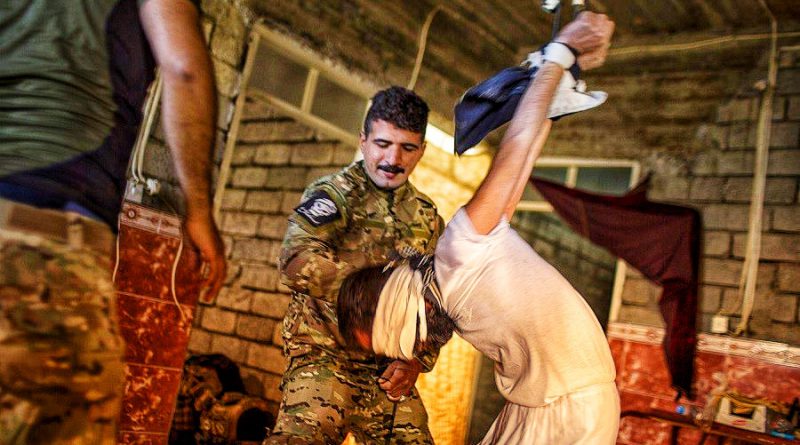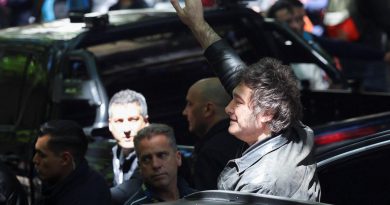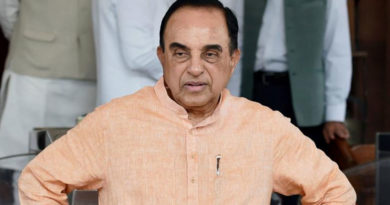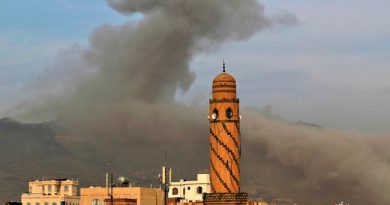Burnt alive, Machine-gunned and Tortured: The Untold stories of Iran’s Ahwaz community
by Ruth Reigler
Regime forces’ machine-gunning and burning alive of unarmed protesters whose ‘crime’ was to demand freedom..
With anti-regime protests once again breaking out across Iran, it’s notable that one region, Ahwaz, is conspicuously not participating, at least so far, in the latest wave of demonstrations.
The brutally oppressed people of Ahwaz in southwest Iran are certainly watching and silently supporting the current demonstrations, this time instigated by regime forces’ shooting down of a Ukrainian passenger plane, killing all 176 people on board; there’s widespread disgust, if no surprise, at the regime’s crime, while some in the region had family or friends aboard the plane and are in mourning for their loved ones.
Like most of Iran’s population, Ahwazis fervently hope that the hated regime is growing weaker and its future is short. But with no international support, Ahwazis know all too well from harsh experience what will – and will not – happen in response to the demonstrations, and are in no hurry to sacrifice more of their sons and daughters in another uprising for which they will be particularly mercilessly punished, persecuted and slaughtered in the face of global indifference.
For the world’s news media, the Ma’shour Massacre in November 2019 barely merited a paragraph if it was mentioned at all; regime forces’ machine-gunning and burning alive of unarmed protesters whose ‘crime’ was to demand freedom and the detention of thousands of others was simply dismissed as one more faceless “outbreak of Middle East violence”. For Ahwazis, especially the poorest of the poor in Ma’shour, who’ve endured decades of persecution and terror at successive Iranian regimes’ hands, this indifference was further confirmation that the world will do nothing to protect those who rise up against their oppressors.
For all the fine and noble words from Western politicians and pundits and UN officials about the importance of supporting universal freedom, human rights, and justice, the actions have never matched the righteous speeches; Ahwazis’ freedom, human rights and access to justice are apparently deemed expendable, not only to the leadership in Tehran but to the ‘civilised’ world’, being considered far less valuable than maintaining the “stable” totalitarian despotism of the Tehran regime and ensuring access to the abundant mineral reserves in the region, which contains over 95 percent of the oil and gas reserves claimed by Iran’s regime.
The medieval barbarism used in the Ma’shour Massacre by Iranian troops and affiliated sectarian militias from across the region was not an anomaly but a return to form for the Islamic Republic’s regime whose forces began their reign of terror in Ahwaz shortly after the revolution in 1979. From the very beginning of its rule in Ahwaz, as across Iran the new theocratic ‘Islamic Republic’ regime set about dismantling or straightforwardly arresting, imprisoning and killing the members of civil society groups that might allow any sort of outlet for anti-regime sentiments, formulating Orwellian policies to crush all dissent.
In Ahwaz, this resulted in what is now known as ‘Black Wednesday’ on May 30, 1979, when a massive operation by regime forces began, with troops and militias storming political activists’ homes and the headquarters of civic society groups in the city of Mohammareh, assassinating local leaders of Arab organisations at point-blank range, often along with colleagues and family members. The operation was a bloodbath, with the world, as always, silent and indifferent. Within five days, around 500 people were killed. The massacre culminated with the local head of regime forces, Ali Jahan Ara, deploying helicopter gunships to rain down rockets upon Arab residential neighbourhoods in the city.
In the wake of this massacre, the regime continued targeting leaders and members of civic society groups, activists and dissidents for assassination and summary execution, with thousands more displaced and forced to flee the country to survive. Hundreds were arrested, tortured and subjected to summary execution after kangaroo trials in the regime’s ‘Revolutionary Courts’ in cities including Mohammareh, Abadan, Falahiyeh and the regional capital Ahwaz, which have become a byword for brutal injustice, with sentences a foregone conclusion and usually decided long before the ‘trials’ take place. Although these trials and executions no longer take place on the same industrial scale as they did in the first decade after the 1979 revolution, they are a commonplace evil for Ahwazi dissidents, who continue to be routinely arrested, tortured into making false confessions that are often televised on state TV despite being visibly coerced, and imprisoned or executed on charges including ‘enmity to God’ for the slightest expression of dissent with or opposition to the regime.
While all dissent is outlawed in Iran, dissident Ahwazis and other minorities such as Kurds, Balochis, Turkmen, and Azeris are subjected to twofold persecution, both through the regime’s customary totalitarian repression of dissent and via straightforward ethnic discrimination; while the regime likes to present itself internationally as a champion of the persecuted, its persecution of minorities in Iran is all-encompassing, affecting every aspect of life, from the available choice of names at birth to education to employment opportunities to housing to healthcare and all other areas.
The regime promotes a profoundly supremacist worldview domestically, maligning and dehumanising non-Persian minorities within Iran as a way to sow mistrust and enmity among different groups within the population generally and to inculcate a belief in an innate Persian superiority among the Persian population. This calculated promotion of hostility and distrust towards the minority groups who collectively make up a majority of the population helps the regime to create division, justify persecution, and promote itself as the protector of a mythical Persian pre-eminence.
In practical terms, this means, amongst other things, that Ahwazis are denied the right to dress in their traditional Arab garb, to be educated in their native Arabic tongue, to teach or learn about their own history, with only the revisionist Persian version of history permitted in schools. Arabic poetry or literature celebrating Ahwazis’ rich cultural history are outlawed, with literary groups shut down, their members imprisoned, and celebrated poets like Hassan Haidari assassinated as dangerous symbols of freedom and justice.
All this shows that for Ahwazis as for other minorities in Iran, state-sanctioned racism and persecution are not an anomaly but an everyday fact of life. From cradle to grave, Ahwazis are made aware of their second-class status and their lack of any recourse to law or justice; how to call the police on your oppressors, after all, when your oppressors are the state, including the police?
Against this background of institutionalised injustice and persecution on such a large scale that the regime’s atrocities can be classified as crimes against humanity, the international community’s tireless wooing and appeasement of the regime and its deafening silence on the historic and terrible injustices done to the Ahwazi people can only be described as complicity.
Ahwazis, numb from decades of injustice, oppression and savage brutality at the hand of Iran’s regime can be forgiven for extreme scepticism about the international community’s claims to a genuine commitment to human rights when the only rights the international community works to defend in Iran are those of the oppressor, rather than the oppressed. Indeed, the resilience of Ahwazis’ resistance, despite this relentless, inhuman Orwellian persecution and the world’s silent indifference is a testament to the indomitable power of the human spirit in the face of evil.
In the typically understated words of George Orwell, ‘There is something wrong with a regime that requires a pyramid of corpses every few years.’ For over 40 years to date, from Mohammareh to Ma’shour, Iran’s regime has built more pyramids than Egypt’s pharaohs from the corpses of its Ahwazi victims; this is not just wrong but a monstrous affront to humanity and human decency. The world’s failure to act to atone for its complicity with this evil will be remembered unsparingly as a no less damning indictment than its appeasement of Nazism in the 1930s.
Article first published on Dur Untash Study Center.
Ruth Riegler is a Scottish writer, editor and supporter of universal freedom, democracy and human rights who previously lived in the Middle East. She tweets under @NippySweetyLass.



